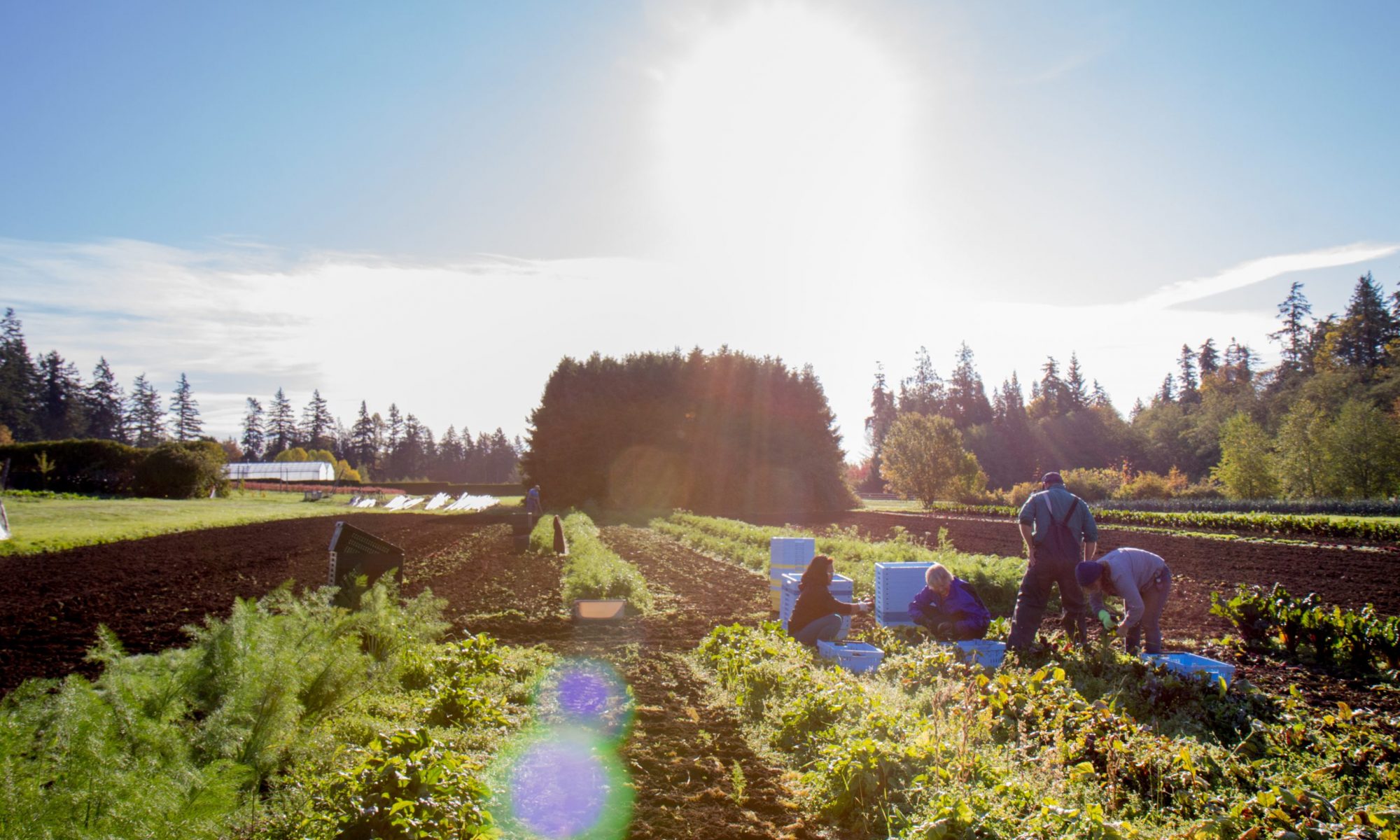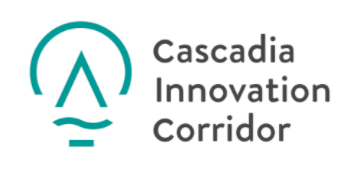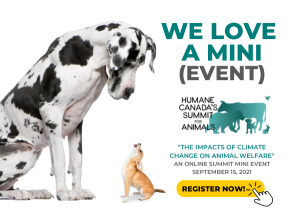The Duke World Food Policy Center is holding a webinar focused on how white dominant cultural narratives play out in the food system on Wednesday, August 25th at 1:00 PM EDT. The webinar discussion will frame ways in which whiteness impacts the food system, based in a historical context of structural racism. They will also present examples of how whiteness fuels power, decision-making, and investment in food systems.
Who Should Attend
Individuals and organizations who want to understand how white dominant culture and the resulting narratives function to reinforce historical and systemic racial inequalities in the food system.
Please register at https://tinyurl.com/cfxbfm54. There will be a recording of the webinar and a transcript following the event.





